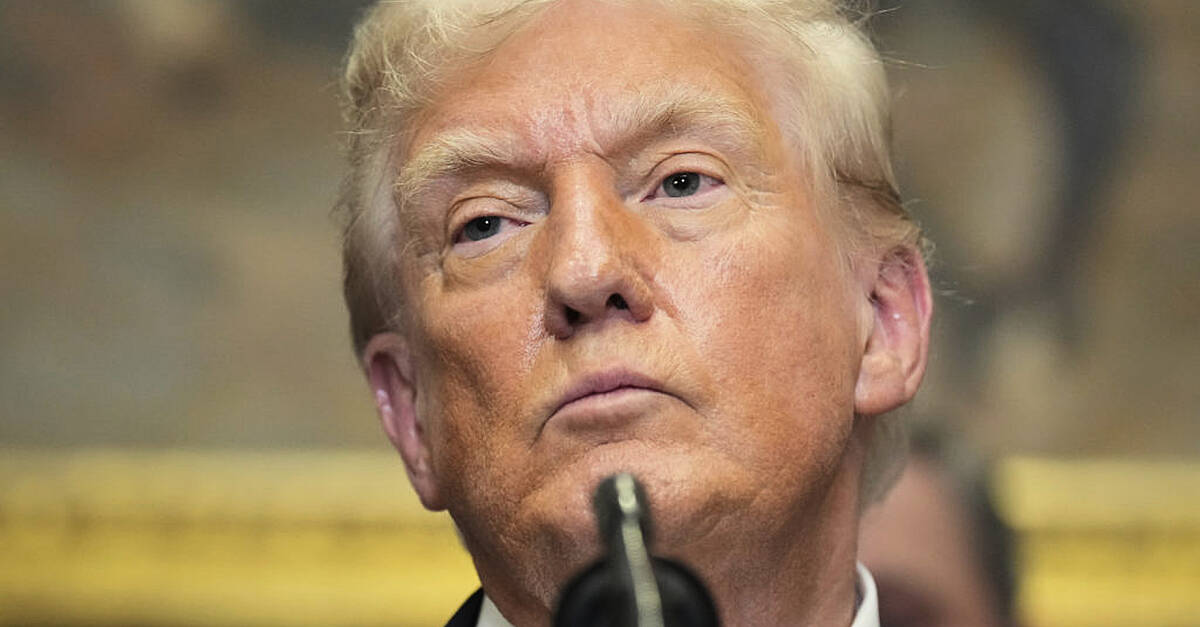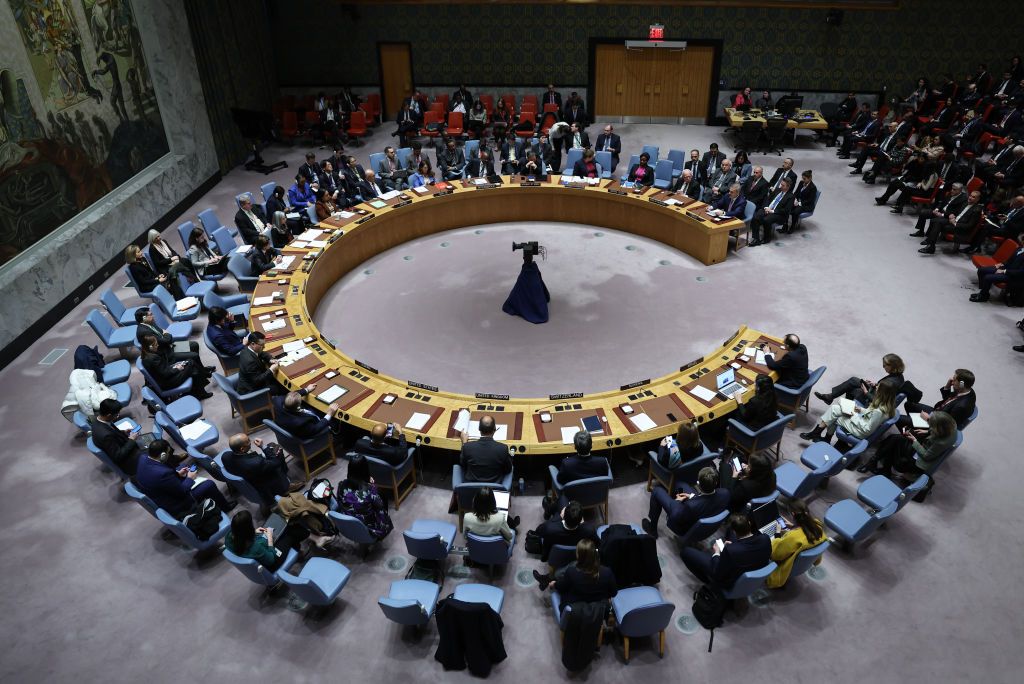Elon Musk's Oval Office Farewell: A Mixed Bag of Friendship and Controversy

Elon Musk, the billionaire entrepreneur known for his leadership at Tesla and SpaceX, made headlines once again as he bid farewell to the Trump administration on a notable Friday. During his appearance in the Oval Office, Musk expressed his intention to remain a “friend and advisor” to the outgoing president. However, the focus of the public and media was diverted to a peculiar black spot near his eye, which sparked widespread speculation during the press conference.
The New York Times contributed to the controversy by publishing a report suggesting that Musk may have been using ketamine, a drug often associated with both therapeutic and recreational use. The article noted that Musk allegedly carries a box containing 20 pills, including Adderall, which further fueled discussions about his health and lifestyle choices. This revelation raised eyebrows and led to questions about the impact of such substances on Musk's health, particularly since the report mentioned potential damage to his bladder.
When questioned about the black spot on his face, Musk attributed the injury to an incident involving his son, X Æ A-Xii, whom he shares with singer Grimes. Musk humorously recounted the moment during their playful interaction, stating, “I was just horsing around with lil' X, and I said, 'go ahead punch me in the face,' and he did.” This light-hearted anecdote provided a brief diversion from the more serious questions surrounding his alleged drug use.
As the press conference continued, Musk sidestepped inquiries regarding the drug allegations, responding with, “let's move on. Okay. Next question.” This evasion did little to quell the attention surrounding his drug use, prompting further dialogue among journalists and the public.
Later that day, an AFP reporter posed a direct question to President Donald Trump, asking if he was aware of Musk’s purported regular drug use. Trump’s answer was a succinct “I wasn't,” adding that Musk is a “fantastic guy.” This endorsement from the president seemed to deflect some of the potential fallout from the allegations, though it did not eliminate public curiosity surrounding the topic.
In previous discussions, the White House has attempted to downplay the reports of Musk’s drug use, with Trump’s Deputy Chief of Staff Stephen Miller making a notable point. Miller, whose wife works for Musk, stated that their primary concerns lie with drugs that cross the southern border from Mexico, rather than focusing on individual cases like Musk’s. “The drugs that we're concerned about are the drugs running across the southern border,” he asserted, attempting to redirect the conversation back to broader issues.
Interestingly, Musk himself has been open about his past use of ketamine, revealing that he was prescribed the drug to help combat what he described as a “negative frame of mind.” He has even hinted that his use of certain substances has positively influenced his productivity and creativity in his work. This complex interplay between his personal struggles and professional achievements continues to intrigue both fans and critics alike.
This incident, encompassing everything from playful father-son moments to serious allegations of drug use, reinforces the multifaceted persona of Elon Musk. As he navigates his relationship with politics and the public, the question remains: how will these controversies shape his future endeavors?
























